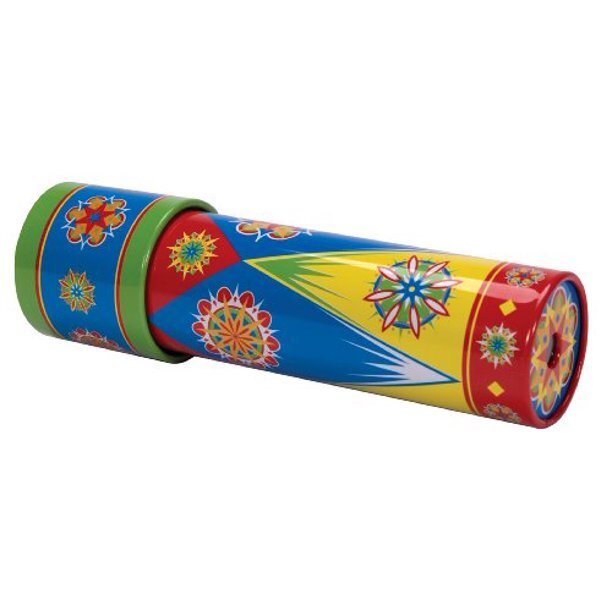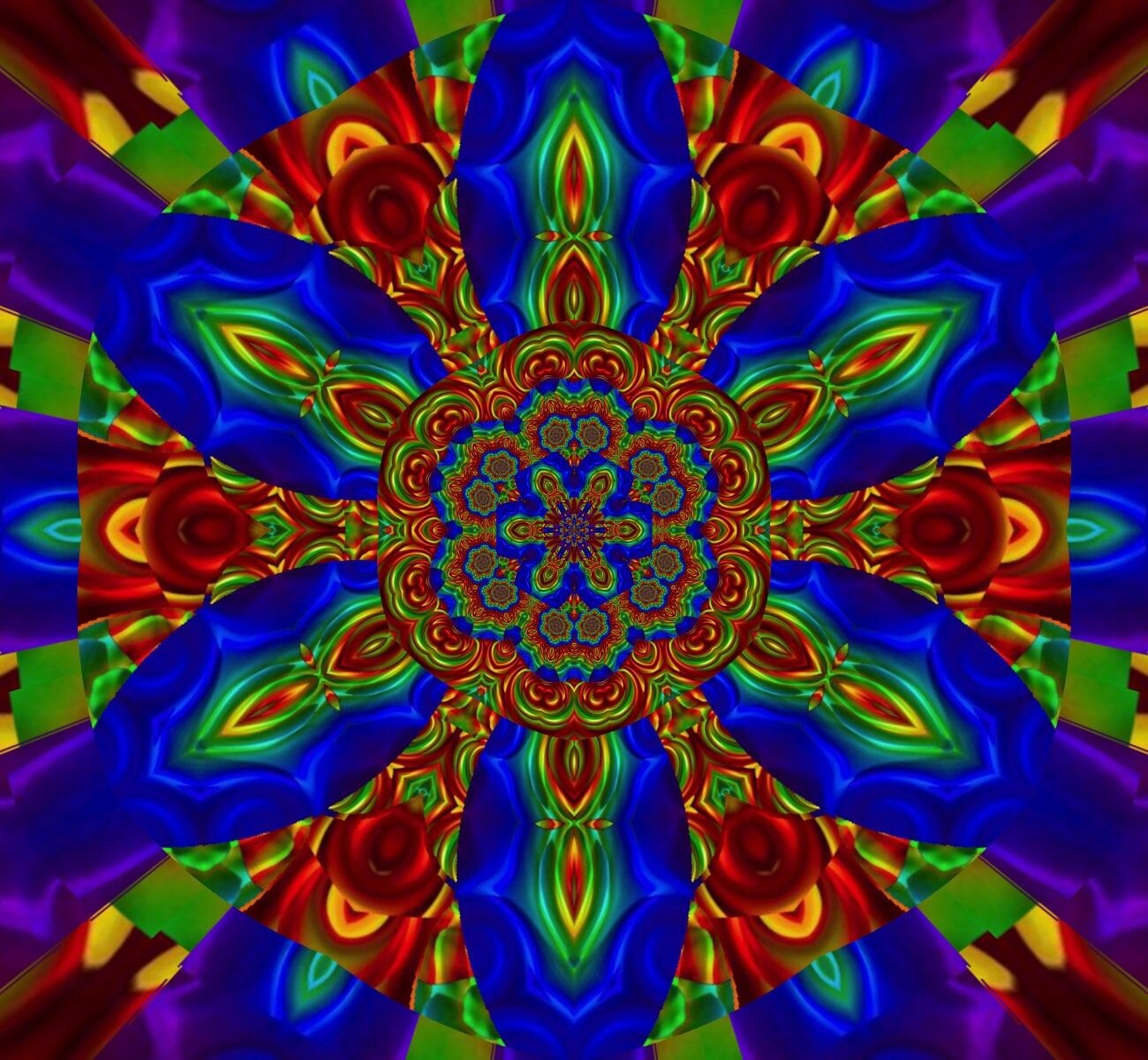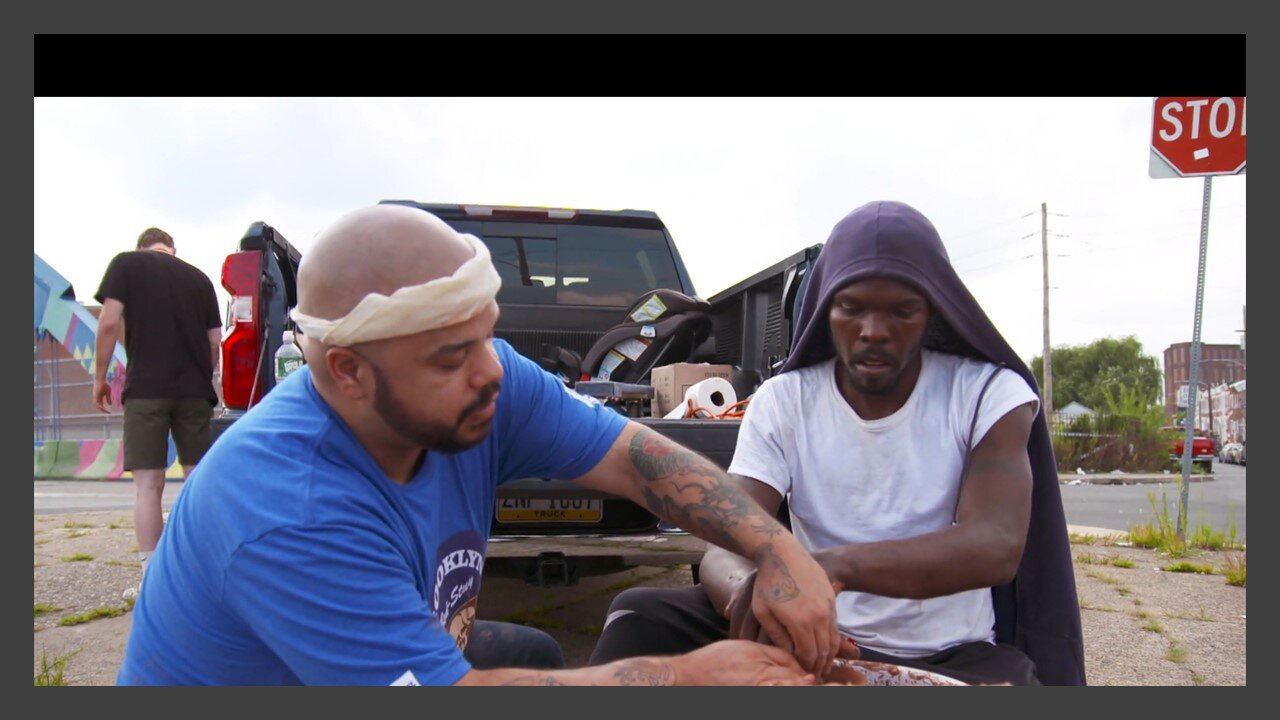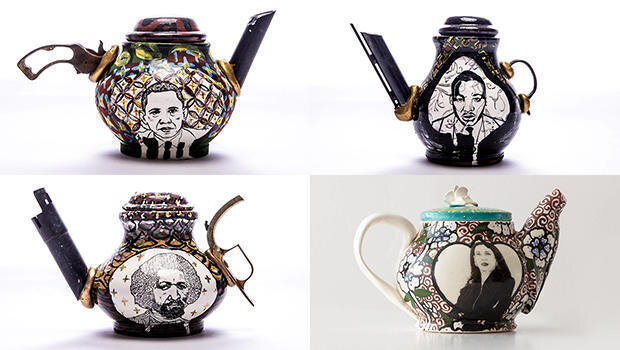A Kaleidoscope of Possibility
As a young girl, I remember the delight of gazing into the lens of a kaleidoscope and seeing the brilliant patterns, colors, and designs forming as I rotated each turn. Coined by Scottish inventor David Brewster, "kaleidoscope" is derived from the Ancient Greek word kalos, meaning "beautiful, beauty," (eidos), meaning "that which is seen: form, shape" and skopeō, "to look to, to examine", hence "observation of beautiful forms." A prism of ever-changing possibility with surprising combinations from each turn, the kaleidoscope was captivating because you never knew what you were going to see, and that’s what made it so mesmerizing—the revelation of something new and different.
A single perspective, just like a single story, is a limiting, potentially dangerous thing—not allowing anything to penetrate its narrow scope. It’s something that many of us have struggled against at one time or another as we have tried to assert ourselves into a particular identity or role, only to be rejected as such.
The Spoon-Fed Version
As he embarks on a new media project, Jon Stewart was asked in a New York Times article if he felt that his viewers would ever let him evolve into something different from what they’ve already seen. Stewart responded by saying that, “People perceive you, but if you allow their perception to define you, then you live in a hologram. And I’m just trying to embody the universe I actually live in.” He stressed that he never views himself through a single lens.
In my recent post, “Fighting for Your Sound”, Halle Berry expressed a similar sentiment when she talked about how we are “spoon-fed” versions of ourselves by others—something she rejects out of turn. Becoming aware of the many roles we have the capacity for, and embodying them through challenge and opposition, is the story of heroes and heroines.
Potter and social activist Roberto Lugo’s story was certainly one of perceiving something different for himself and for the people in his community of North Philadelphia. In the CBS Sunday Morning segment, Lugo had a limited view for his life—jail or death—until he took a pottery class at his community center. Lugo’s pottery is now in galleries and museums around the U.S., but he likes to leave his studio and set up a pottery wheel on the streets of his community and teach local residents. When he put his hands on their hands and helps them form something new, Lugo expressed how rewarding it was to make the person feel valued, “as they should.”
Lugo shares how he sees things to spark conversations. To that end, he reimagines traditional European and Asian porcelain forms with his sensibility and life perspective. One such reimagining is English tea kettles with sprouts made with gun barrels from a gun buy-back program, emblazoned with an image of an iconic Black American figure. Lugo never expected that this would be his path, and because of that, he holds the space for the many different versions of himself, touching as many people along the way as he can.
A Lens of Relational Grace
We often times limit each other through how we perceive someone—defining who they are and who they can be. In a past post, I wrote about the grace I experienced in Christian Cooper (the birdwatcher in Central Park accosted by Amy Cooper) and Jacob Blake’s (Wisconsin Black man shot seven times in his back by police) mother. In spite of their own pain and distress, they opened a space in their hearts that shifted the perception of the person and the moment of interaction. It’s a field of interconnectedness and a depth of seeing that moves us into another dimension—one of what I call relational grace.
Stepping into relational grace allows us to shift from that singular lens to a kaleidoscope of possibility—for the individual(s) and for ourselves. When we extend relational grace, we gaze an individual through a prism that is alive with opportunity. In that moment, we become curators who design a better future.
Relational grace is discovery—as we open our eyes to what we did not know could be.
Relational grace is a superpower to remove a limited lens and reveal greatness.





